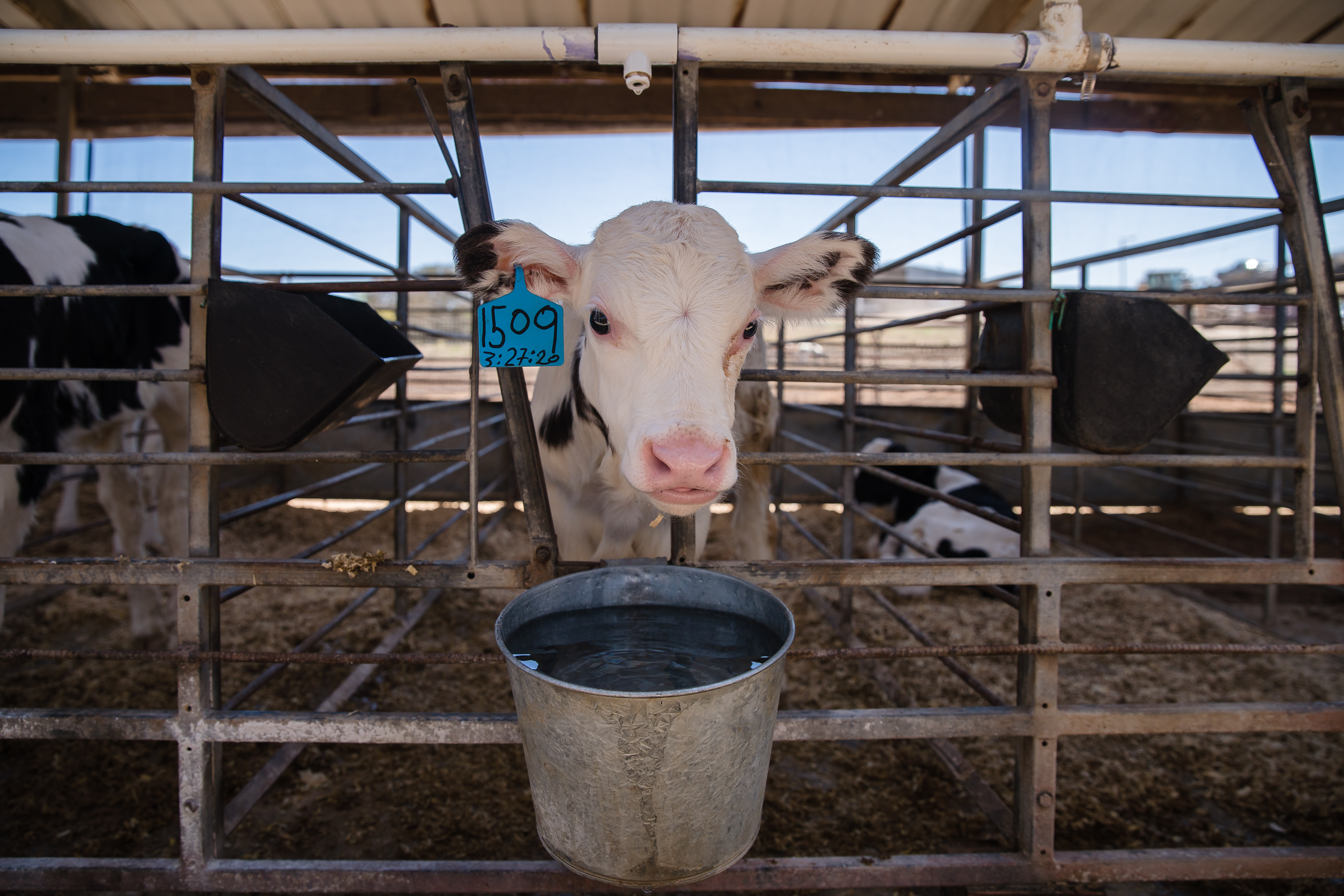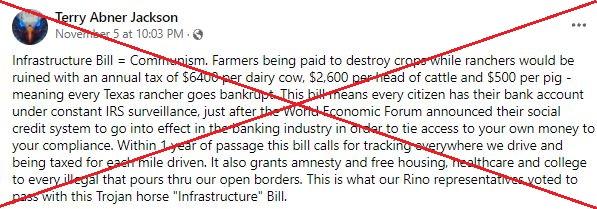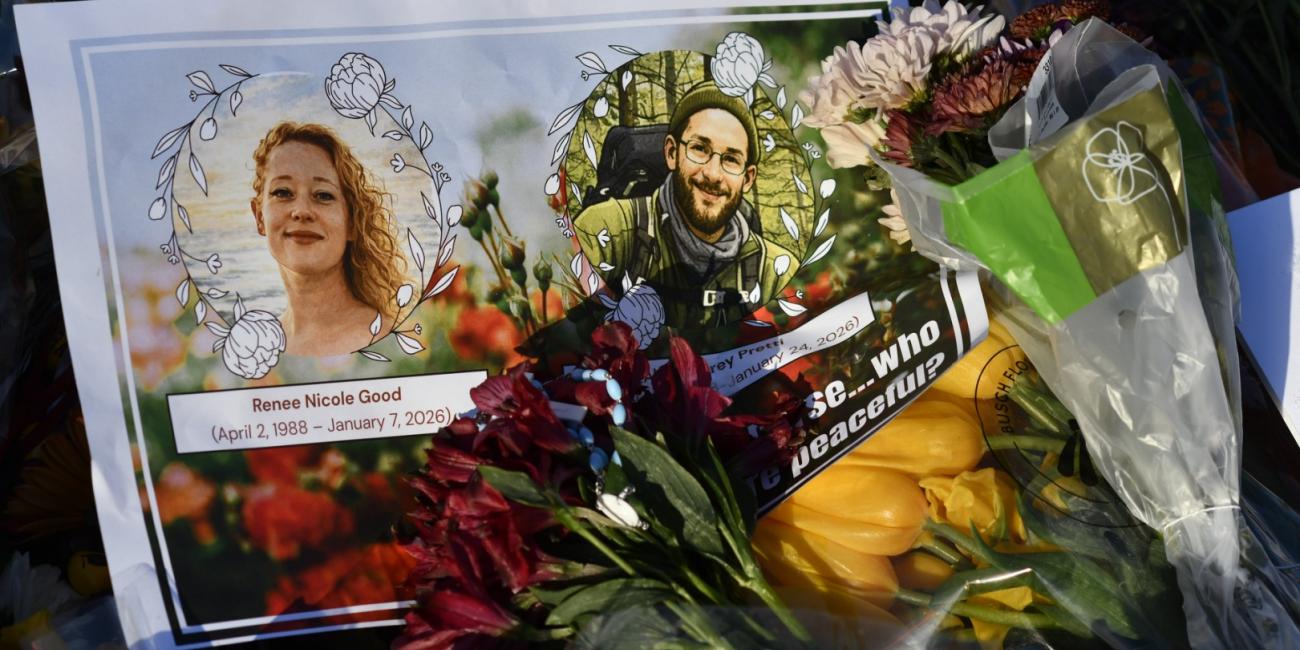
US infrastructure legislation does not include tax on livestock
- This article is more than four years old.
- Published on November 12, 2021 at 19:59
- 2 min read
- By Natalie WADE, AFP USA
"Infrastructure Bill = Communism. Farmers being paid to destroy crops while ranchers would be ruined with an annual tax of $6400 per dairy cow, $2,600 per head of cattle and $500 per pig - meaning every Texas rancher goes bankrupt," says a November 5, 2021 Facebook post.

Similar claims appeared on Facebook here and here and on Twitter here and here.
The Infrastructure Investment and Jobs Act, which has passed both the Senate and House, and the Build Back Better Act, which has not been approved by either body, are two main parts of US President Joe Biden's domestic agenda.
AFP Fact Check has previously debunked inaccurate claims here and here about alleged measures in the infrastructure bill, and neither it nor the Build Back Better Act -- which some posts appeared to reference -- include provisions to tax livestock.
"No, there is no direct tax on livestock in either bill," Erin Hatch, communications director for the Committee on Ways and Means, told AFP on November 9.
This was confirmed by searches of both pieces of legislation, which found no references to taxing livestock.
The claims circulating on social media seem to stem from a September column by Oklahoma Representative Markwayne Mullin titled "Blank Check for Socialism," images of which were included in some of the Facebook posts.
In it, he said that the Build Back Better Act would "impose a 'fee' on all methane emissions, including in our agriculture industry," putting the estimated cost at "$6,500 per dairy cow, $2,600 per head of cattle, and $500 per swine each year" -- figures that match some of those mentioned in posts on social media.
Mullin's communications director Meredith Blanford told AFP that "this is what could happen if the methane fee were applied to agriculture."
"The numbers listed in our column come from an analysis from the American Farm Bureau. At the rate of $1,500 per metric ton of methane, as proposed, the overall impact on agriculture would be about $414.45 billion," she said.
The American Farm Bureau Federation addressed the issue in a September 30 statement, saying it had conducted an analysis earlier in the year on the potential impact of agriculture being subject to a methane tax.
The farm organization's vice president for public affairs, Sam Kieffer, said in the statement that "the current language of the reconciliation bill does not impose a methane tax on agriculture."
"While we oppose any tax on methane, Farm Bureau is grateful to lawmakers for recognizing the thin margins in agriculture and that such a tax would undoubtedly put family farms out of business," Kieffer said.
Copyright © AFP 2017-2026. Any commercial use of this content requires a subscription. Click here to find out more.
Is there content that you would like AFP to fact-check? Get in touch.
Contact us




